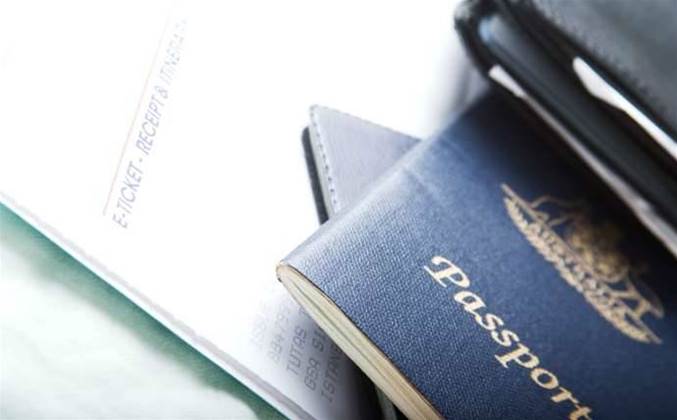The CSIRO's Data61 has agreed to help Unisys build new technology to identify possible risks at borders, a product that has the potential to find its way into Australia's Immigration department.

Unisys has agreed to fund joint research with Data61 to develop a data analytics solution that will provide automated security risk assessment of travellers and cargo at air, land, and sea borders
The research will assess anonymised datasets from airlines "using analytics and machine learning to identify patterns that indicate potential risks of both traveller intent and cargo contents".
Most border agencies currently rely on "human-designed rules" to identify risks, Unisys said.
The pair will conduct a proof-of-concept at an unnamed major Asian hub in order to develop the research into a commercial product.
It has the potential to be introduced at the likes of Australian and US immigration agencies, two of Unisys' clients.
Unisys is currently building a new platform for clearing incoming and departing travellers at Australia's borders.
The Immigration department awarded Unisys the contract to deliver a new system that would speed up the processing of travellers this time last year. The platform will be made up of Pegasystems and Quintiq software, and replaces three legacy systems.
The federal government gave Immigration $99 million in last year's federal budget to build a "visa risk capability" inside the department that would consolidate immigration and border data to more easily identify security risks before visas are granted.


_(33).jpg&h=140&w=231&c=1&s=0)

_(28).jpg&h=140&w=231&c=1&s=0)
.png&h=140&w=231&c=1&s=0)





 iTnews Executive Retreat - Security Leaders Edition
iTnews Executive Retreat - Security Leaders Edition
 iTnews Cloud Covered Breakfast Summit
iTnews Cloud Covered Breakfast Summit
 The 2026 iAwards
The 2026 iAwards












_(1).jpg&h=140&w=231&c=1&s=0)



